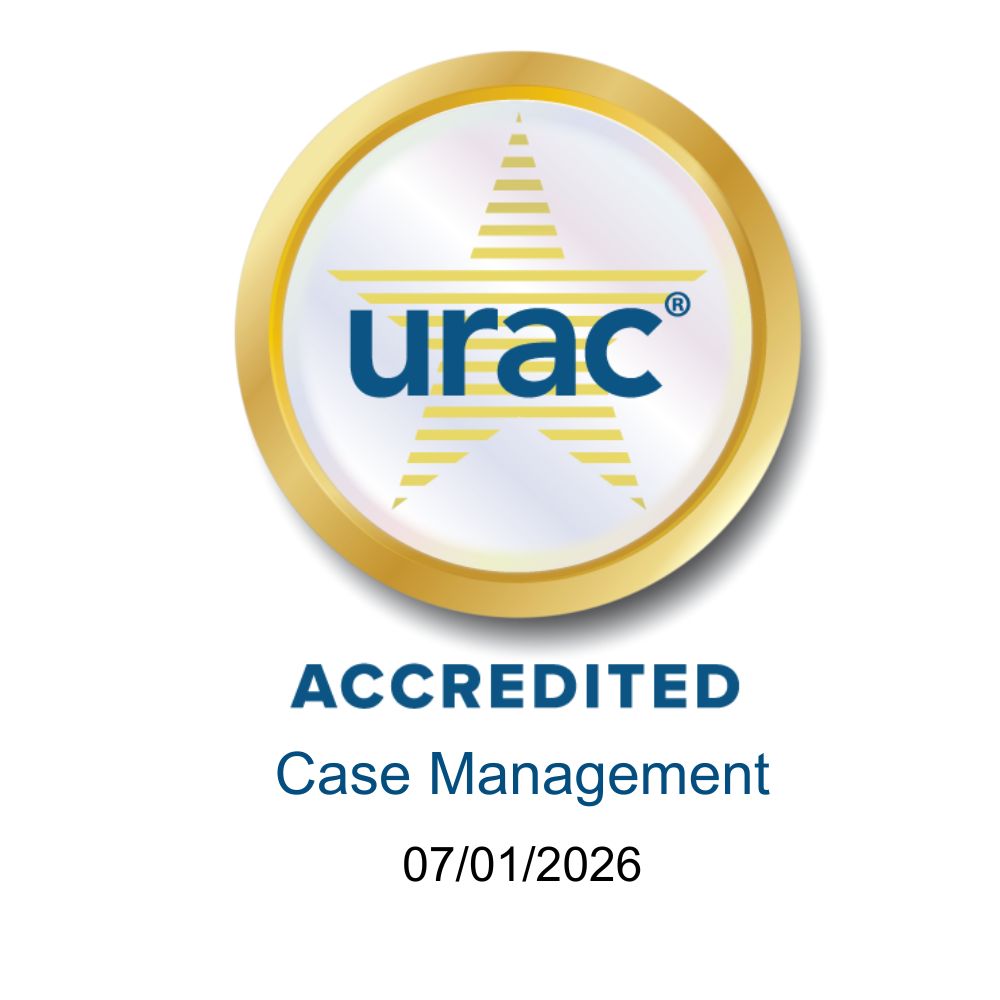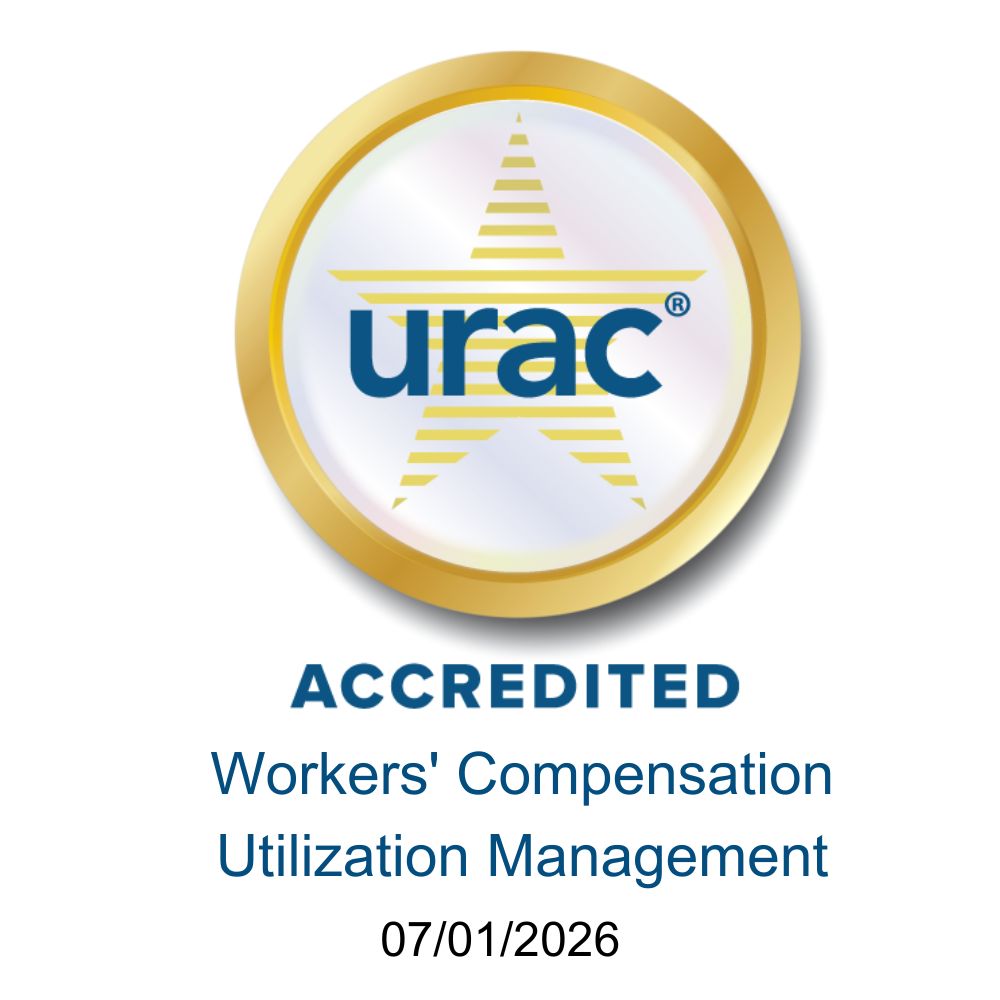When litigation becomes a part of the work comp nurse case management dynamic, the importance of timely and effective communication between the case manager and the injured worker’s attorney, both advocates for recovery, cannot be undervalued.
Communication and Expectations Find Common Ground
The moment a workers’ compensation case is assigned, Nurse Case Managers swiftly react and assume a variety of roles, while maintaining robust communication with numerous stakeholders. When litigation becomes a part of the case dynamic, the importance of timely and effective communication between the case manager and the injured worker’s attorney, both advocates for the recovery, cannot be undervalued.
SETTING EXPECTATIONS
Properly setting clear expectations at the onset of the case is crucial for overarching success. “The attorney for the injured worker should share their expectations of the nurse case manager promptly. This includes stating communication preferences and clarifying process workflows, such as when the nurse case manager should obtain approval before facilitating treatment,” said Stephen L. Kline, EK Health’s General Counsel. Creating clear guidelines up front helps to minimize assumptions and potential missteps.
COMMUNICATION TRIGGERS
Over the course of the injured worker’s treatment, there will likely be instances where the attorney may require additional connection. Ensuring contact is made in a swift manner when these triggers occur will help to expedite treatment and ensure quality of care for the injured employee. Some examples include:
-
Injured worker wants to change primary treating physician
- Selection of secondary treating physicians
- Delayed primary treating physician (PTP) reports and/or requests for authorizations
- After a Utilization Review denial is received and the PTP does not intend to appeal
- Delay in medical appointments
- Injured worker non-compliance with treatment path
- Claims Administrator denies body parts
NURSE ADVOCATION
Case Managers are responsible for a complex myriad of duties under normal circumstances. Add the complexity of a pandemic, constant regulatory changes and litigation of a case file, and the countless responsibilities only increase. “For optimal effectiveness, Nurse Case Managers should remain astutely aware of the constantly evolving legal and regulatory matters in the healthcare industry, so they can remain focused on the most critical part of their job, advocacy for the Injured Worker with the goal of a focused treatment plan with cooperation from all parties,” said Eunhee Kim, Senior Nurse Case Manager.
EK Health’s Nurse Case Managers are registered nurses with at least one certification in the following areas: Certified Case Manager (CCM), Certified Disability Management Specialist (CDMS), Certified Occupational Health Nurse (COHM), or other URAC-recognized certifications. Our Case Managers also have an average of 14 years of workers’ compensation experience and understand the value of communication with all parties to a claim. Find out if EK Health’s Case Management program is a good fit for your organization at: EK Health Case Management Services.





